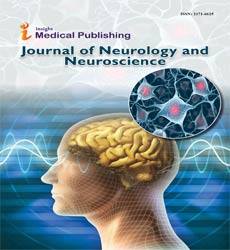Abstract
Neurologic Music Therapy to Facilitate Recovery from Complications of Neurologic Diseases
Neurologic music therapy (NMT) has fostered recovery from complications in patients suffering from a wide variety of neurologic diseases. Combining music and virtual reality with standard rehabilitation therapies can improve patient compliance and make therapy more enjoyable. Listening to music can reduce epileptiform discharges and enhances brain plasticity. Music produces variations in brain anatomy between musicians and non-musicians. Music therapy is an inexpensive intervention to help post-stroke patients to recover faster and more efficiently if applied soon after the event. There is evidence that incorporating music into a rehabilitation program fosters recovery of hand function, dexterity, spatial movement, cognitive function, mood, coordination, stride length and memory. Learning words as lyrics, melodic intonation therapy and singing can help the aphasic patient to recover faster. NMT therapists are valuable members of the rehabilitation team. NMT has been approved by the World Rehabilitation Federation as an effective evidence based method of treatment.
Author(s):
Sasan Bahrami*, Mark A Thomas, Mana Bahrami and Ali Naghizadeh
Abstract | Full-Text | PDF
Share this

Abstracted/Indexed in
- Google Scholar
- Open J Gate
- Genamics JournalSeek
- The Global Impact Factor (GIF)
- China National Knowledge Infrastructure (CNKI)
- Directory of Research Journal Indexing (DRJI)
- WorldCat
- Proquest Summons
- Scientific Journal Impact Factor
- Secret Search Engine Labs
- Euro Pub
Open Access Journals
- Aquaculture & Veterinary Science
- Chemistry & Chemical Sciences
- Clinical Sciences
- Engineering
- General Science
- Genetics & Molecular Biology
- Health Care & Nursing
- Immunology & Microbiology
- Materials Science
- Mathematics & Physics
- Medical Sciences
- Neurology & Psychiatry
- Oncology & Cancer Science
- Pharmaceutical Sciences

